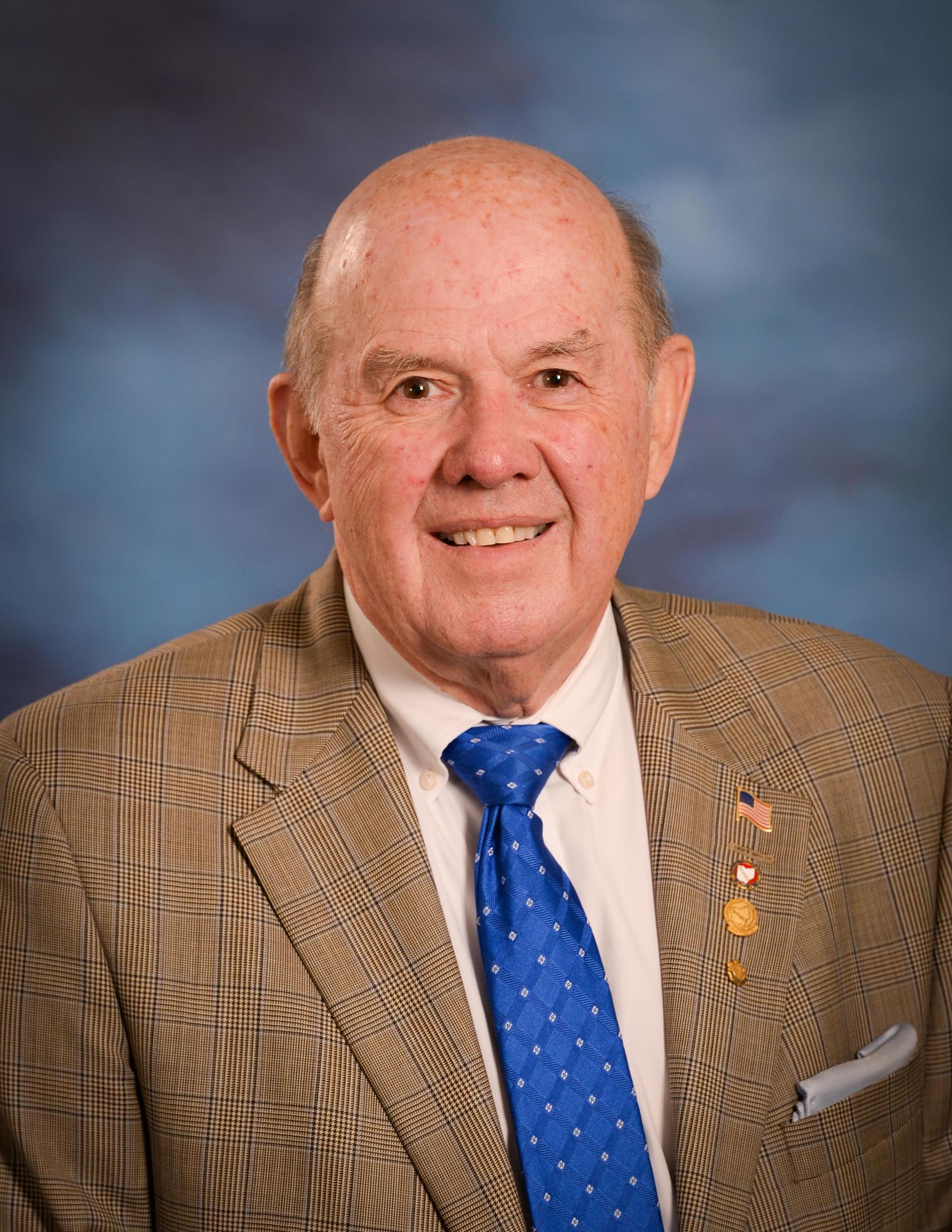Portage County – At the January meeting of the Portage County Suicide Prevention Coalition, one of our members said, “We are in the business of hope.”
The comment came after the Portage County Coroner’s report that showed 2010 as the highest year on record for completed suicides since 1980 when the office started organizing the information.
The Coalition was established in 2003 to increase awareness of warning signs, combat stigma, help survivors and be a touch point for hope in this crusade to save lives. We have provided forums for learning about prevention and safe places for survivors, those left behind, to talk.
In 2007, there were 11 suicide deaths. That number has been increasing up to last year’s total of 28. A similar, alarming increase occurred in Stark County for 2010. At the same time, calls to Townhall II’s Helpline, a 24-hour crisis phone line funded by the Mental Health & Recovery Board of Portage County, have increased 69 percent.
From 1995 to 2009, there was one completed suicide by a child or teen. Since 2009, four young residents under 20 years old have died by suicide.
What would you be thinking if you were on the Coalition? Is this hopeless? Is there no way to reach mothers, fathers, sons, daughters, friends and co-workers at risk? How can you know when someone is in such pain?
That is when the one voice cuts through the despondency and says, “We must continue to tell people that there is hope.”
The heartache that comes with even one loss of life to suicide is what drives Coalition members to continue to talk in the community about the warning signs, what to do when someone you care about is at risk and where to go for services. There is hope if one person is helped.
“Most people don’t feel comfortable saying the words, ‘Are you thinking about suicide?’ or telling family or school counselors that this person is talking about suicide. The coalition wants to help community members learn to take life-saving action,” said Paul Dages, Coalition coordinator and emergency services coordinator for Townhall II.
What are the warning signs? They include: feeling depressed; life crises, such as relationship problems, school difficulties and financial issues; talking about death and suicide; giving away prized possessions; taking unnecessary, dangerous risks; having a predetermined method of suicide and sharing it; appearing suddenly happy after a long depression; withdrawing from family and friends; losing interest in regular activities; changing eating and sleeping habits; access to firearms; and family history of depression and suicide.
Teens may show many of the same may signs but may exhibit some unique symptoms including childhood trauma and abuse; recent break up of a relationship; presence of a psychiatric disorder; frequent expressions of rage; increasing use of alcohol or drugs; exposure to another’s suicidal behavior; family instability and significant family conflict. In addition, teens who are being bullied and/or those who are lesbian, gay, bisexual or transgender are at increased risk.
Joel Mowrey, Ph.D., associate director of the Mental Health & Recovery Board of Portage County, said research has established action steps to prevent suicide. First, listen without judgment. Second, ask the person if she or he is considering suicide. Finally, arrange for the person to seek services, including a suicide prevention phone line, 24-hour crisis service or hospitalization. Mowrey advises not to keep suicide ideation secret or leave the person alone. He also adds that it is important to give the person hope that things can and will get better.
“The goal is to get that person to counseling and treatment. Depression, along with other mental health problems, is highly treatable and counseling can help with other life issues,” said Mowrey. Treatment services are offered on a sliding fee basis through community agencies that receive funding from the Mental Health & Recovery Board of Portage County.
Portage County has 24-hour crisis intervention services through Coleman Professional Services and Townhall II. Both agencies answer crisis calls and offer walk-in services.
The numbers for Townhall II’s 24-hour suicide prevention HELPLINE are 330-678-HELP(4357) and toll free 1-866-449-8518. The agency is open for walk in counseling from 8 a.m. to 8 p.m., Monday through Friday at its offices, 155 N. Water Street, Kent. Persons needing help should call the HELPLINE before arriving.
Coleman Access Services at 3922 Lovers Lane, Ravenna, is available for calls and walk-in counseling any time of day. The 24-hour phone numbers are 330-296-3555 and toll free 1-877-796-3555.
The Coalition meets the third Thursday of each month at 3 p.m. at the MHRB, 155 E. Main St., Kent. New members are welcome. Call Paul Dages, the coordinator, at 330-678-3006 for more information.
The Mental Health & Recovery Board has also established a monthly support group for persons who have lost a loved one to suicide. The Survivor of Suicide group meets the last Wednesday of the month 6:30 p.m. to 8 p.m. at the MHRB office, 155 E. Main St., Kent. Call Mowrey at 330-673-1756, ext. 203, for more information. Or email joelm@mental-health-recovery.org.
The Web site of the Mental Health & Recovery Board has a section on suicide prevention with links to related Web sites. Go to www.mental-health-recovery.org.














